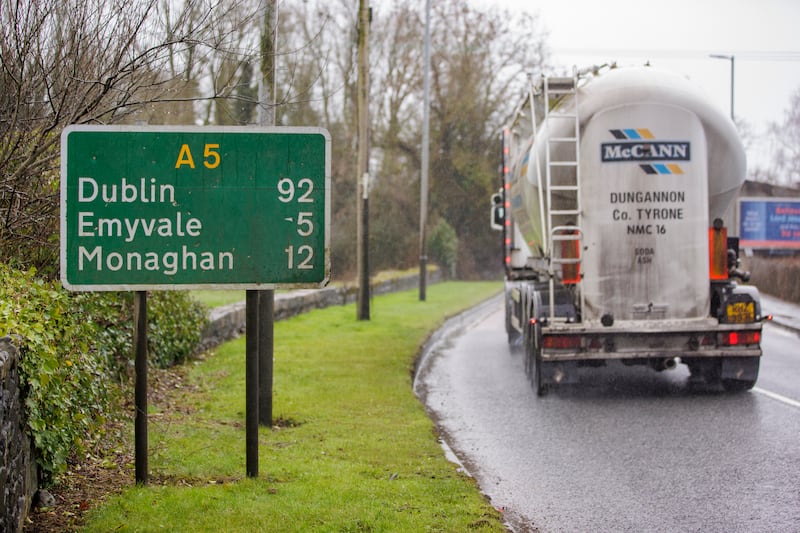A leading European committee of independent experts has called for ‘immediate action’ by the British government to prioritise policies supporting minority languages.
In a report published this morning, the Council of Europe’s Committee of Experts (Comex) urged the British government to uphold its obligations under the European Charter for Regional or Minority languages, which seeks to protect and promote minority languages.
The report made three key recommendations “for immediate action” on the Irish language: to adopt and fund the Irish Language Strategy, fully implement the Identity and Language (Northern Ireland) Act 2022 “without further delay” and develop a strategy for the recruitment and training of teachers, including those for special needs in the Irish-medium education sector.
[ Students perform best with regular homework tasks of up to 15 minutes, research showsOpens in new window ]
The report noted that, despite the introduction of the Identity and Language (Northern Ireland) Act 2022 which was adopted to further promote Irish and Ulster Scots, “language issues remain politicised”.
However, it emphasised that efforts should continue to promote both Irish and Ulster Scots, “despite the ongoing political tensions.”
 A road sign in Aughnacloy, Northern Ireland for the A5. Photograph: Liam McBurney/PA Wire
A road sign in Aughnacloy, Northern Ireland for the A5. Photograph: Liam McBurney/PA Wire
Among other recommendations outlined in the report is a call to ensure that local authorities “remove prohibitive thresholds for setting up bilingual signage” and ensure the use of traditional and accurate Irish placenames.
The report noted that the issue of bilingual street signs, the introduction of which is left to the discretion of local authorities, remains “a highly contentious topic” in Northern Ireland.
[ Irish principals condemn ‘vacuous’ OECD review which missed ‘severe deprivation’ in some schoolsOpens in new window ]
Is said there continues to be “no strategy adopted for Ulster Scots” despite being mandated under the 2006 St Andrews Agreement.
It also called on authorities to “depoliticise language and identity issues, especially considering the context in Northern Ireland.”
The committee of independent experts is appointed by the Committee of Ministers of the Council of Europe.
Its role is to assess the status of regional or minority languages, report to the Committee of Ministers on compliance, and encourage signatories to increase their commitment.
This is Committee’s sixth report on the British government’s implementation of the Charter, which requires state parties to self-report on its implementation every five years.
While the British Government submitted its latest periodical report to Comex in August 2023, the report did not contain any information on the implementation of the Charter relating to Irish and Ulster Scots.
The Committee said this absence of information “seriously hampers” the monitoring process.
Conradh na Gaeilge and the Committee on the Administration of Justice (CAJ) were among several organisations that met Comex during their monitoring trip in February.
Conchúr Ó Muadaigh, advocacy manager with Conradh na Gaeilge said the report “mirrors” all previous Comex reports since the Charter was first signed in 2001 and said it underscores an ongoing failure by the British Government to comply with the Charter’s provisions.
“The three main recommendations for immediate action echo those legitimate expectations of the Irish language community, as guaranteed by the Good Friday and subsequent agreements,” he said.
Daniel Holder, director of Belfast based human rights group CAJ said they welcomed the opportunity to provide evidence to the committee.
“It is clear there are a range of obligations not being complied with, including on bilingual signage in particular with Irish placenames, and having no protections against discrimination on grounds of speaking a minoritized language. It’s over to Ministers now to take these areas forward,” he said.
Source link : https://www.irishtimes.com/ireland/2024/09/19/irish-language-council-of-europe-experts-call-for-immediate-action-on-norths-strategy/
Author :
Publish date : 2024-09-19 20:34:58
Copyright for syndicated content belongs to the linked Source.


